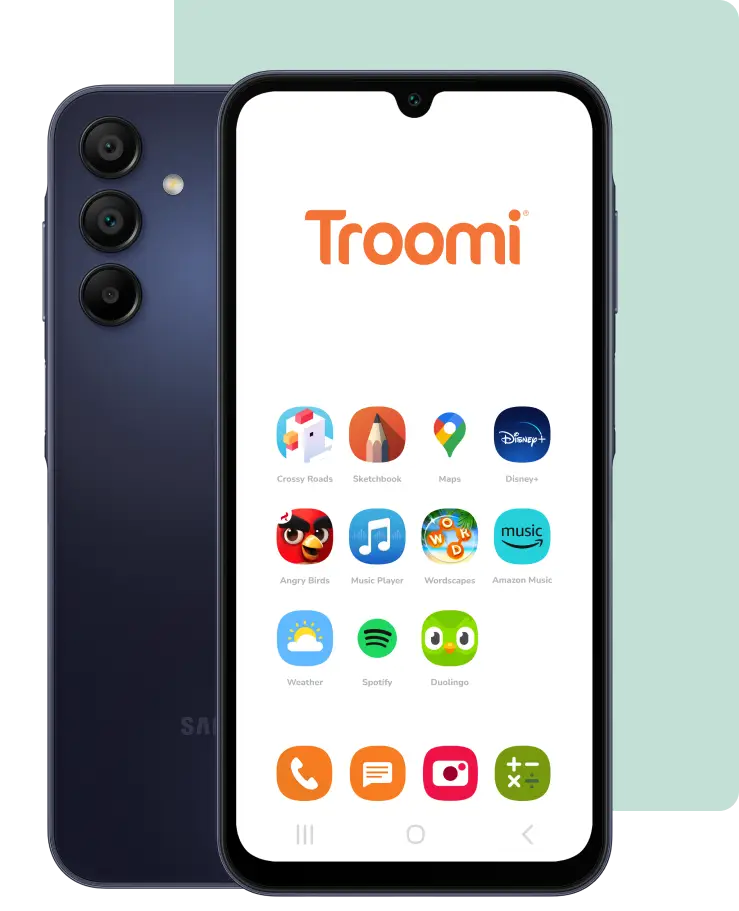Social media has become a tool for individuals to share their experiences and connect with others. However, it has also become an avenue for some individuals to exaggerate and even lie about their experiences. In recent years, many people have been caught lying on social media. From faking illnesses to gaining undeserved fame, the impact of this kind of behavior can be detrimental to both individuals and society as a whole. In this blog post, we take a closer look at how people caught lying on social media and the impact it can have.
The Positive and Negative
The rise of the internet and social media has made it easier for us to share our experiences. We take pictures or write posts and share them with our friends and family. However, this accessibility is also what has led to many people being caught lying on social media. With so many people having access to the same information about people and events, it is easier than ever to detect inconsistencies in someone’s story. For example, someone who might claim to be traveling to a foreign country may be caught when their pictures or captions show a different location entirely.
The Impact of Misinformation
Lying on social media isn’t just restricted to personal posts. Businesses and organizations are also guilty of exaggerating or providing misleading information on their social media accounts. In 2018, the US Federal Trade Commission fined a company for buying fake reviews on social media platforms. This illustrates not only the impact of lying on social media but the potential financial and reputational cost involved.
Loss of Trust
One of the greatest impacts of people caught lying on social media is the loss of trust. Social media users interact with others with a certain level of trust, and when that trust is broken, it can be difficult to repair. In some cases, people who are caught lying may face a backlash from their followers or customers. In other cases, the impact can be even more severe, such as when politicians are exposed for spreading fake news on social media.
Social Media is Just the Start
Moreover, the impact of these lies doesn’t end with social media. Social media platforms are known for amplifying the spread of fake news, which can further mislead people and cause confusion. The power of social media in spreading lies and unreliable information has come into focus in recent times, with platforms such as Facebook and Twitter taking measures to combat the spread of fake news. This illustrates the importance of ethical practices on social media to ensure that the information shared is accurate and reliable.
Conclusion
Social media stands as a potent tool benefiting both individuals and businesses, yet, akin to any tool, its potential for misuse looms. The recent surge in instances of deception on social media has underscored the pivotal need to ensure the accuracy and truthfulness of our shared information. This collective effort not only promotes transparency but also contributes to the creation of a more secure and truthful online realm. In parallel, solutions like safe communication between children and parents without the distractions and potential pitfalls of social media, thereby nurturing a focused and secure digital experience.
Interested in Troomi? Click here to learn more!


